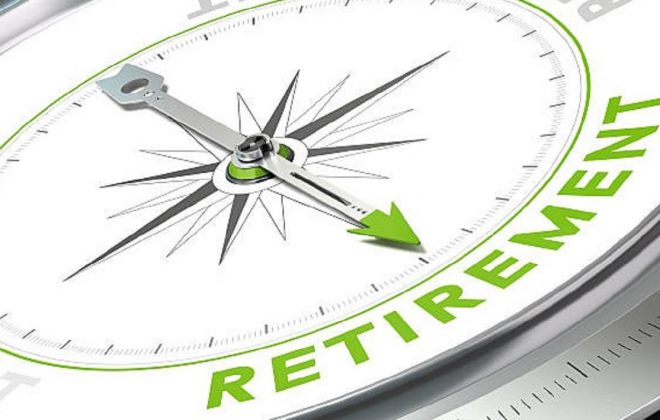Investing in Tax-Free Investments when returns seem flat
So, you’ve been investing in your tax-free investment for the past few years and it seems as if nothing is happening. The only growth you can see is from the R250 a month you’re pumping into your investment. Question is, is it worth investing in a tax free investment when returns seem flat?
You may be in two minds right now and maybe you’re thinking that now’s the right time to get out of this type of investment. But hang on before you make a rash decision.
Why invest when you can’t see a return?
Let’s start off by reminding you why you decided to invest in a tax-free investment in the first place:
- You’re investing because you’re paying zero tax on any interest earned
- Zero tax on any capital gains
- Zero tax on any dividends
No other investment – other than a retirement annuity – offers anything like that. A tax-free investment is a no-brainer…everyone needs one!
But that doesn’t mean your tax-free investment will always grow in a linear manner unless you invest in cash. Investing in cash means your investment will grow every month in line with whatever interest rate is being offered. Your R250 will always grow, but it does have one unseen enemy – inflation – which is silently eating away at the buying power of your money.
Investors need to look at their long-term objectives
To really outperform inflation over longer time periods, you need a mix of different assets in which to invest.
What type of assets are we talking of?
Assets such as owning a piece of companies that are listed on the stock exchange. Historically, owning shares has always outperformed inflation over the long term.
But why aren’t equities growing like cash at the moment?
Share prices are determined by many factors. One factor is the actual value of the company, based on things like balance sheets and income statements. Then there’s another factor called buyer sentiment, based on fear and greed.
When investors get scared, they sell – regardless of the value of the asset owned. When they get greedy, they buy – regardless of the value of the asset owned. The savvy investor does the opposite.
Here’s why…
When everyone is selling – demand for the share drops and so do the prices of them. This doesn’t mean the company has lost value, but it does create the opportunity for investors to buy shares at a cheaper rate. When your returns seem flat it’s because investors are selling.
And guess what?
While they’re selling, your monthly investment is buying up those discounted shares. At some point those shares will come back into demand and you will find yourself in the pound seats.
So, to answer the initial question…
Remember your investment objective.
If you’re investing with a certain goal in mind and you have a few years to reach that goal, don’t let short term volatility rattle you. Many things will happen during those years, so remember slow and steady wins the race.
When everyone else is selling, be the one who’s buying.
Until next time.
The MoneyShop Team




